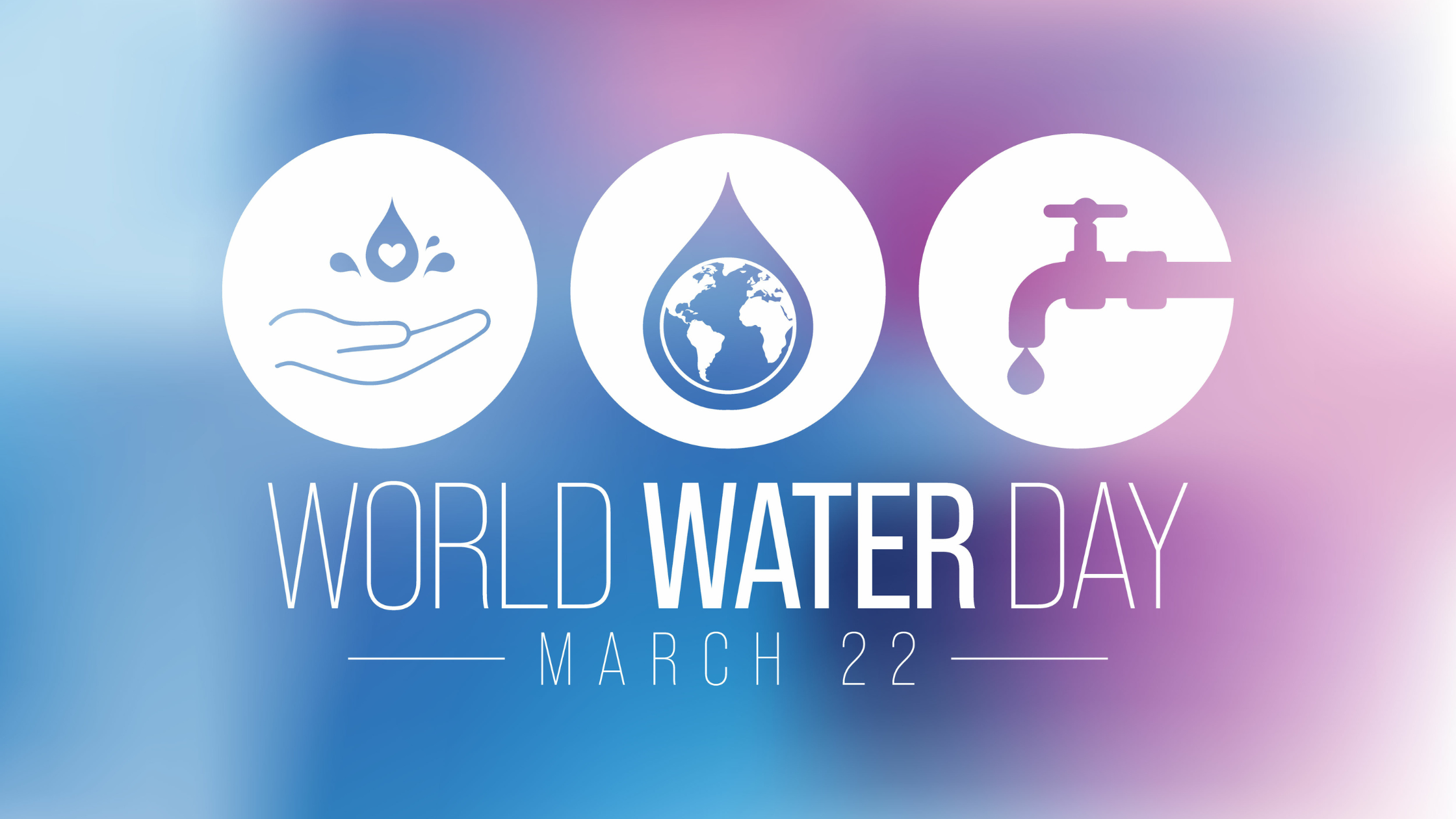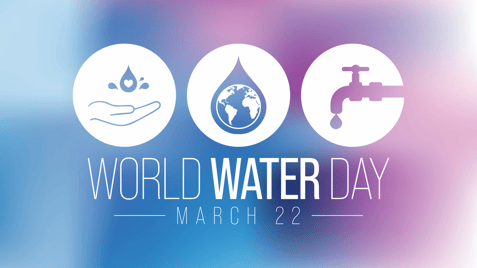4th of July Safety Tips for Home and Workplace Celebrations
Essential 4th of July safety tips for home and workplace celebrations, covering fireworks, water safety, and more to ensure a safe holiday.
Learn about World Water Day, its significance, and how to conserve water at home and work. Take action for a sustainable future and global water security.

Every year on March 22nd, the world comes together to celebrate World Water Day. This UN-sanctioned observance serves as a powerful reminder of the vital importance of freshwater and a call to action to address the global water crisis. Discover more about the significance of World Water Day, why it matters, and how you can take personal and professional actions to honor this essential event. This topic holds great importance in the realm of EHS.
The concept of World Water Day originated at the 1992 United Nations Conference on Environment and Development in Rio de Janeiro. The United Nations General Assembly officially declared March 22nd as World Water Day in 1993. Since then, each year has focused on a specific theme, highlighting a pressing water-related issue. The theme for 2024 is “Water for Peace,” emphasizing the role water plays in fostering cooperation and preventing conflict.

Freshwater is a finite and irreplaceable resource essential for life. However, billions of people around the world lack access to safe drinking water and sanitation. Climate change further threatens water security by increasing the frequency and intensity of droughts and floods. World Water Day serves as a crucial platform to raise awareness about these challenges and inspire action towards a more sustainable water future.
Every drop counts! Here are some simple yet impactful ways to conserve water at home and in the workplace:

By incorporating these water-saving measures into our daily routines, both at home and at work, we can make a significant difference. Every drop conserved is a step towards a more sustainable future for ourselves and generations to come.
World Water Day is a powerful reminder that access to clean water is a fundamental human right. By understanding the challenges, implementing water-saving practices, and advocating for sustainable water management policies, we can all play a role in ensuring a future where water is a source of peace, cooperation, and prosperity for all. Let’s make every day World Water Day by cherishing and conserving this precious resource.
While individual water conservation efforts are crucial, a truly sustainable water future requires collective action on a larger scale. Here are some ways we can expand our impact beyond personal choices:
Technology and innovation play a key role in addressing water challenges. Supporting research and development of sustainable water treatment technologies, desalination processes, and efficient irrigation systems can contribute significantly to a more water-secure future.
Water challenges do not respect national borders. World Water Day serves as a springboard for international cooperation on water issues. Supporting global initiatives that promote water-sharing agreements, transboundary water management, and knowledge exchange between nations is crucial for addressing the global water crisis effectively.
The world’s water resources are under increasing strain due to climate change, population growth, and pollution. By taking individual responsibility, advocating for change, and supporting innovative solutions, we can ensure that water remains a source of life, not conflict, for generations to come. Let World Water Day be a day of inspiration, not just observation. Let’s commit to making every day a step towards a water-secure future for all.
Essential 4th of July safety tips for home and workplace celebrations, covering fireworks, water safety, and more to ensure a safe holiday.
Heat stress in the workplace is a danger to your workers and a liability to you. Here’s why you should be watching for heat stress.
Looking for workplace safety tips that you can use daily? Check out our guide on how to take concrete steps toward a safer workplace for all.
Subscribe to our blog and receive updates on what’s new in the world of EHS, our software and other related topics.